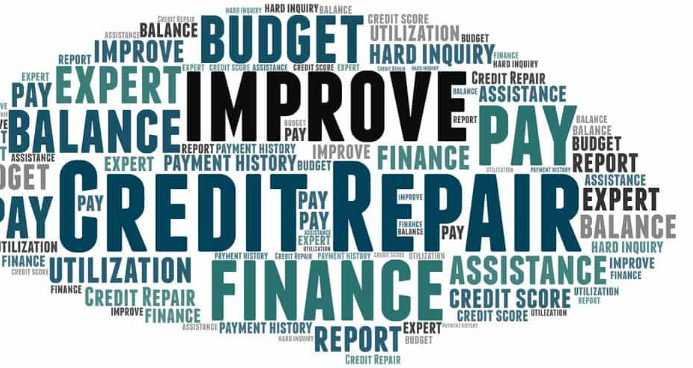Navigating the path to credit repair can be a transformative journey toward financial stability. In this blog post, we’ll explore the fundamental steps and strategies to help you rebuild your credit and enhance your overall financial standing.

Understand Your Credit Report
Start fixing your credit by knowing all about your credit report. Get a copy from big credit companies and look at it closely. Check for mistakes, like wrong info about your accounts, payments that were marked late, or accounts that you don’t recognize. Finding these errors is super important. It helps you tell the credit companies about the wrong stuff, so they can fix it. This is the first big step to making your credit report a true reflection of your financial situation. So, take a good look and make sure everything is right!
Disputing Inaccuracies
If you find things that are not right, you need to do something about it. Write a letter to the credit bureaus and explain in detail what’s wrong. Give them proof, like documents or records, to support your side. Fixing these mistakes is super important for building back your credit. So, don’t wait – take action and let the credit bureaus know what’s going on. This is a big part of making sure your credit report is correct and truly represents your financial situation.
Establish a Budget
Having a good plan for your money is important when you want to fix your credit. Start by looking at how much money you make, what you spend it on, and any money you owe. Decide where your money should go, making sure to pay for important things first. Create a plan that makes sense for you to pay back any money you owe. When you have a smart money plan, it doesn’t just help fix your credit – it also keeps your finances healthy in the long run. So, make a budget that works for you and watch how it can make a big difference!
Creat a Debt Repayment Plan
Making a plan to pay back the money you owe is important for fixing your credit. Start by focusing on the debts that have higher interest rates. Make a plan to slowly pay off what you owe. You can even talk to the people you owe money to and see if they can help by lowering the interest or finding a way to make it easier for you to pay back. Creating a plan and talking to the people you owe money to can make a big difference in fixing your credit. So, take a step-by-step approach and make a plan that works for you!
Build a Positive Credit History
Positive credit behaviours are instrumental in rebuilding your credit. Timely payments, responsible credit card use, and diversifying your credit mix contribute positively to your credit score. Consider secured credit cards or becoming an authorized user on a trusted account to kickstart a positive credit history.
Seek Professional Guidance
Credit repair can be complex, and seeking professional guidance may be beneficial. Credit counselling services can provide personalized advice, debt management plans, and strategies for improving your credit standing. Ensure you choose reputable organizations with a track record of success.
Practice Patience and Persistence
Rebuilding your credit is a gradual process that requires patience and persistence. Set realistic expectations and celebrate small victories along the way. Consistent, positive financial behaviours over time will contribute to a healthier credit profile.
Conclusion
Embarking on the journey of credit repair is a proactive step toward a brighter financial future. By understanding your credit report, disputing inaccuracies, establishing a budget, creating a debt repayment plan, building a positive credit history, seeking professional guidance, and maintaining patience, you can rebuild your financial standing and open doors to new opportunities. Remember, the road to credit repair is a marathon, not a sprint, and each positive step forward brings you closer to financial empowerment and stability.











